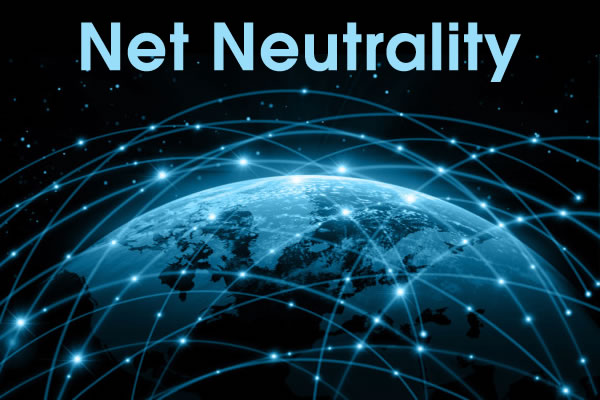London Professor wins an international prize for a Net Neutrality study

Professor Tommaso Valletti from Imperial College Business School has won an international prize for a study on the issue of net neutrality.
Net neutrality is the principle that internet service providers and governments regulating the internet should treat all online traffic equally and not discriminate against certain users from accessing different parts of the internet by restricting content or charging fees.
Professor Valletti’s paper – first published last year – has been named as one of the winners in the International Journal of Industrial Organisation Best Paper Award 2017.
The report, entitled ‘Net neutrality and innovation at the core and at the edge’ contrasts net neutrality, whereby all traffic on the internet is treated equally, to prioritisation where content providers can guarantee a faster delivery of content by paying a fee.
The paper proposes a model for analysing the benefits of each approach and concludes that net neutrality protects innovation at the edge of the internet from small providers, such as start-ups, while prioritisation increases investment and welfare – but only if it stimulates innovation from the large content providers.
The issue has recently become a hot topic due to plans by the President Trump administration to deregulate broadband internet service companies and to jettison former President Barack Obama administration’s net neutrality rules, which were intended to safeguard competition online.
In his paper, Professor Valletti argues that the internet seems to be working well to encourage innovation and expansion. However, the development of more content-rich applications will lead to a growth in demand which will test the limits of existing networks.
The main dispute concerns which of two policy options would generate greater benefits: the protection of innovation and competition in internet content, or the encouragement of greater investment in new capacity.
In an effort to advance the debate, this research seeks to provide a formal framework which incorporates the arguments of either side – and provides a possible solution, to get providers to pay but give full access rights for all users.




